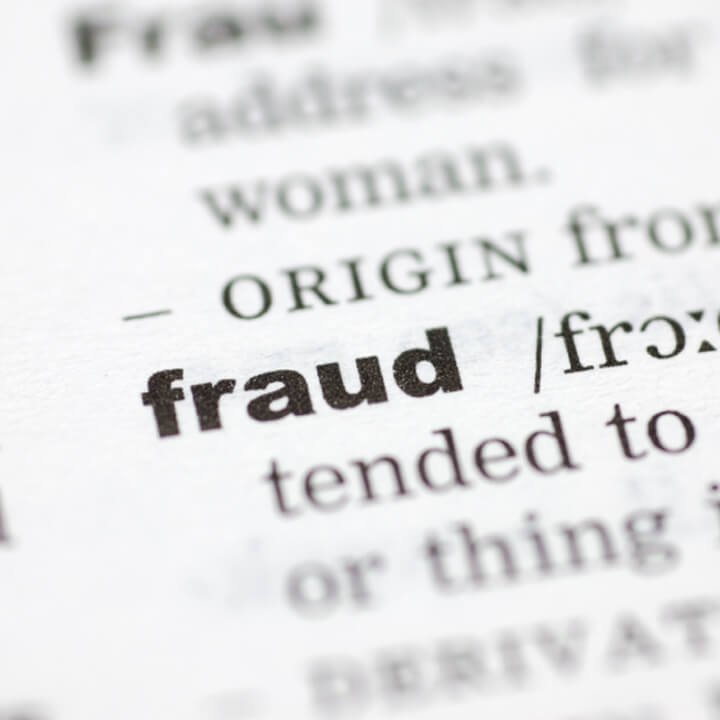Types of Fraud
23rd September 2021
Essentially, fraud is any financial losses to the company caused by the dishonesty of employees, suppliers or customers. However it can take a number of different forms.
Ponzi schemes
- Corporate Fraud (e.g. procurement and extraction fraud)
- Mortgage / Property Fraud
- Money Laundering
- IP infringement
- Phishing
- Ponzi schemes
A Ponzi scheme is a fraudulent investment scam that gives the appearance of paying its investors “profit”, for example at a set percentage each month. In reality, the “returns” paid to investors come from their own money, or the money of subsequent investors in the scheme. Ponzi schemes have recently gained significant press coverage following the imprisonment of Bernard Madoff following his $65 billion Ponzi scheme fraud.
A Ponzi scheme frequently offers investors a high rate of reward, to entice them into the scheme, meaning that the scam can continue for a long period, due to investors’ willingness to invest significant capital sums on the false assumption that they are receiving high levels of return. Be cautious! If you are offered an investment promising exceptionally high returns, by cold callers or businesses sending you spam emails, you should consider that this may be illegal and seek specialist advice.
Corporate fraud
There are many types of fraud which can be committed in a corporate environment, both at employee and boardroom level. These include:
- market abuse or insider trading
- falsification of accounts (e.g. the understatement of deferral of liabilities an expenses or the overstatement of asset values)
- use of confidential information and trade secrets for personal gain
- procurement fraud (taking backhanders from suppliers in exchange for awarding contracts)
- false expenses claims
- payroll fraud (e.g. adding fictitious employees to the payroll and diverting their income)
- extraction fraud via false invoicing.
Mortgage / property fraud
Any mortgage obtained by providing false information; whether as to the value of the property, or to the value or source of a deposit, means that it will have been obtained fraudulently. The evolution of technology and the ability to process applications online with little face-to-face contact is one of the reasons the number of fraudulent loan applications has increased. Property fraud can arise in other contexts too. For example in the public sector, where housing benefit or right to buy schemes can be fraudulently abused.
Money laundering
Money Laundering is the process by which criminally-obtained money is converted, to make it appear as if it were obtained legitimately. Money laundering in legal terms is any dealings with the proceeds of crime, so fraud and money laundering will often go hand in hand. For those in the regulated sector who detect fraud, consideration must be given to whether a ‘suspicious activity report’ to SOCA is required.
IP infringement
Your business’ Intellectual Property rights, in particular its name, are perhaps the most important assets your business owns, since they encompass its entire identity. However, the definition of IP is extremely wide, to include much more than the name of your business, extending to, for example, its copyright, designs, patents and trade marks. IP Infringement occurs where it is suspected that information is either used under the pretence that it is yours, or your information has been taken with the objective of selling it back to you.
Phishing
Phishing involves the use of email or pop-up messages that appear to be from an organisation, for example a bank, asking a “customer” for information in relation to their account, such as requiring them to confirm, update or validate their details. The email may direct a “customer” to an artificial site, which will look like a legitimate site of the organisation that the fraudulent email was supposedly sent from. The fraud takes place on the back of the information supplied.






